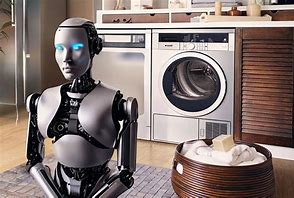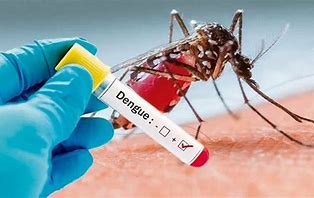Having a flat stomach is a goal for many people. It not only makes you look fit but also improves your health. However, getting a flat stomach requires effort, patience, and the right habits. In this article, we will explore simple and effective ways to achieve a toned tummy. Follow these easy tips, and you will be on your way to a flatter stomach!

1. Eat a Healthy Diet
Your diet plays a big role in getting a flat stomach. Here are some important dietary tips:
- Eat More Fiber: Fiber-rich foods like vegetables, fruits, whole grains, and nuts help digestion and prevent bloating.
- Reduce Sugar Intake: Too much sugar can lead to weight gain and bloating. Avoid sugary drinks, sweets, and processed foods.
- Choose Healthy Fats: Replace unhealthy fats with good fats found in avocados, nuts, and olive oil.
- Drink Plenty of Water: Staying hydrated helps digestion and prevents bloating.
- Eat More Protein: Protein helps build muscles and reduces hunger cravings. Include eggs, chicken, fish, tofu, and beans in your meals.

2. Exercise Regularly
Exercise is key to burning belly fat and strengthening your stomach muscles. Try these exercises:
- Cardio Workouts: Activities like running, cycling, swimming, and jumping rope help burn fat.
- Strength Training: Lifting weights and bodyweight exercises like push-ups and squats build muscle and boost metabolism.
- Core Exercises: Planks, crunches, and leg raises target stomach muscles and help tone your belly.
- Yoga: Certain yoga poses can help strengthen your core and improve digestion.
3. Manage Stress
Stress increases the production of a hormone called cortisol, which can lead to belly fat storage. Reduce stress by:
- Practicing deep breathing exercises
- Meditating daily
- Engaging in hobbies and activities you enjoy
- Getting enough sleep
4. Get Enough Sleep
Lack of sleep can cause weight gain and increase belly fat. Aim for 7-9 hours of sleep per night. Tips for better sleep:
- Avoid screens before bedtime
- Maintain a regular sleep schedule
- Keep your bedroom dark and quiet

5. Avoid Processed Foods
Processed foods contain high levels of unhealthy fats, sugar, and salt, which can lead to bloating and weight gain. Instead, eat whole, natural foods like fruits, vegetables, lean proteins, and whole grains.
6. Improve Your Posture
Standing and sitting with good posture can make your stomach appear flatter. Keep your back straight, shoulders back, and engage your core muscles when sitting or standing.
7. Stay Consistent
Achieving a flat stomach takes time and consistency. Stick to healthy eating, exercise regularly, and make lifestyle changes for long-term results.
7 beneficial FAQs
1. How long does it take to get a flat stomach?
It depends on your current weight, diet, and exercise routine. With consistent effort, you may see changes in a few weeks, but significant results may take months.
2. Can I get a flat stomach without exercise?
While diet plays a big role in reducing belly fat, exercise helps speed up the process and strengthens muscles. A combination of both is the best approach.
3. Do sit-ups help get a flat stomach?
Sit-ups can strengthen stomach muscles, but they do not burn fat. To get a flat stomach, you need a combination of cardio, strength training, and a healthy diet.
4. Can drinking water help reduce belly fat?
Yes! Drinking water improves digestion, prevents bloating, and helps with weight loss by keeping you full and reducing calorie intake.
5. Is it okay to eat carbs while trying to get a flat stomach?
Yes, but choose healthy carbs like whole grains, fruits, and vegetables. Avoid processed carbs like white bread and sugary snacks.
6. Does stress cause belly fat?
Yes, high stress increases cortisol levels, which can lead to fat storage in the belly area. Managing stress through relaxation techniques can help.
7. What foods should I avoid to reduce belly fat?
Avoid sugary drinks, processed foods, fried foods, and refined carbs. Instead, eat natural, whole foods for better health and weight loss.
By following these simple steps and staying committed, you can achieve a flat stomach and improve your overall health!















